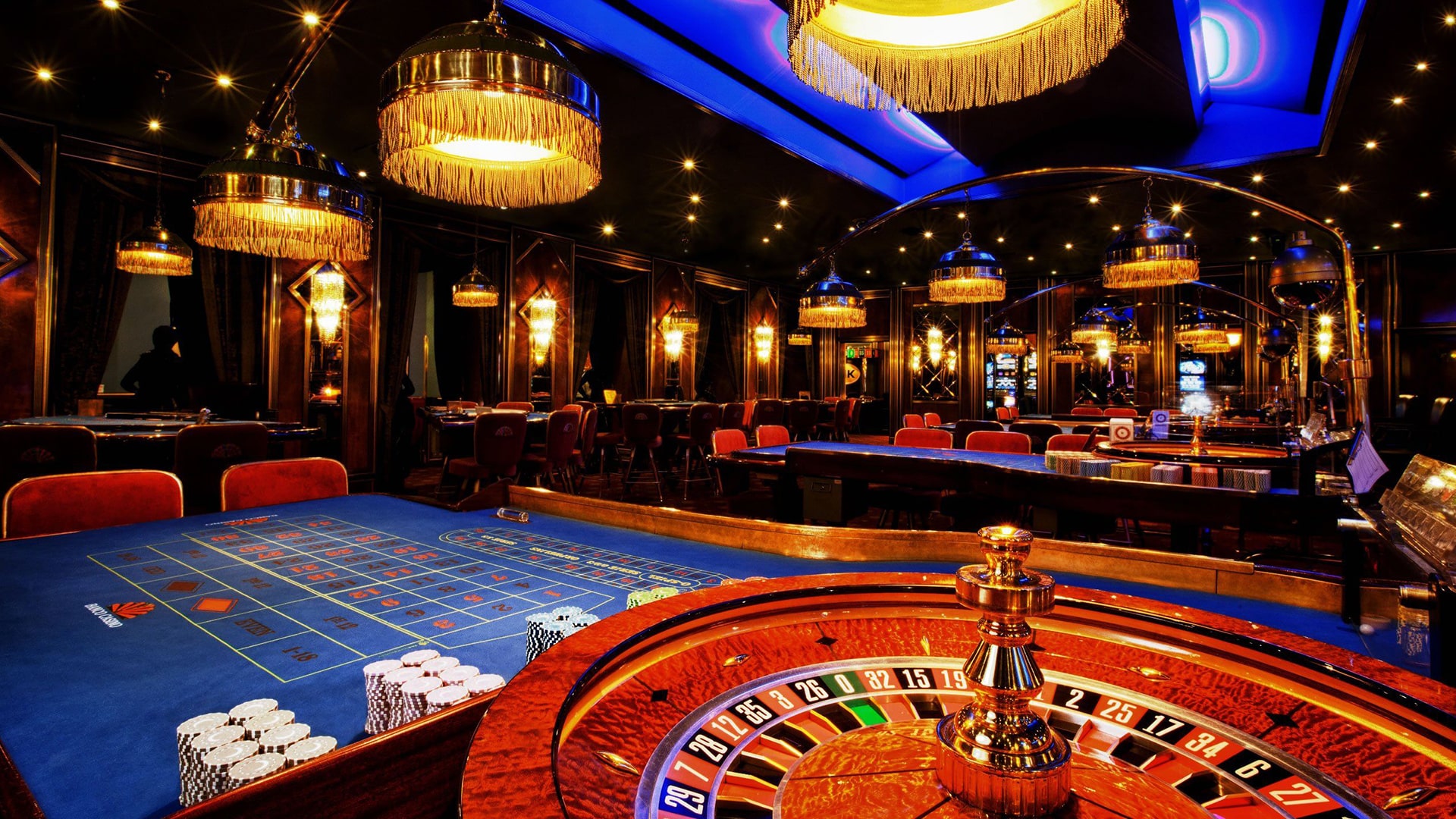Developing a Gambling Gaming Kingdom: Tales from the Industry

The allure of gambling games has captivated countless individuals around the globe for decades. From the turning roulette wheel to the noise of dealing cards, the excitement of luck and talent blends to create an thrilling ambience that pulls players in. These entertainments are not just pastimes; they have evolved into an valuable part of the cultural industry, transforming into a worldwide phenomenon that spans luxurious hotels, vibrant digital gambling spaces, and various other options.
As the need for one-of-a-kind and engaging adventures continues to increase, the tales behind the achievements of gaming experiences reveal a intriguing landscape. Entrepreneurs and creators are continuously extending the boundaries of creativity and originality, resulting in the rise of fresh games and engaging advancements. Investigating these accounts provides us a glimpse into what it takes to establish a casino game empire and the enthusiasm that propels those behind the scenes.
The Evolution of Gambling Games
Casino games have a rich past that stretches back centuries, with their beginnings frequently intertwined with historic rituals and communal events. The initial forms of gambling can be traced back to ancient China, where dice games were played, and even to the Romans who enjoyed betting on various events. Over time, these rudimentary forms of entertainment evolved into more organized forms, leading to the creation of games such as baccarat and roulette in the 17th century. These early gambling games laid the basis for the industry we see today.
As society evolved, so did the sophistication and diversity of casino games. The 19th century marked a noteworthy milestone with the founding of formal casinos in locations like Monte Carlo and Las Vegas. This era saw the emergence of popular games such as poker and blackjack, which fascinated the imaginations of participants around the world. The surge of these games was enhanced by innovations in game development and the development of gambling laws that rendered the industry more structured and appealing to the general populace.
The digital transformation in the final 20th and early 21st centuries altered the landscape of gambling options yet again. The emergence of the internet resulted in virtual casinos, enabling players to experience their beloved games from the comfort of their houses. This shift not only broadened the reach of casino games but also opened up new formats like live dealer games and mobile gaming apps. Today, the gambling game industry continues to evolve, with cutting-edge technologies such as virtual reality and blockchain promising change the future of gambling.
Effective Casino Game Creation Strategies
The foundation of a successful casino game empire lies in the creation of entertaining and unique games that engage players. https://7club.casino/ A winning strategy entails extensive market research to grasp existing trends and player preferences. By evaluating user feedback and observing popular titles, developers can identify what appeals with players and what features are in need. 7clubs Adding original themes, multifaceted game mechanics, and visually appealing graphics are crucial to stand out in a competitive landscape.
Teamwork is another key factor of winning game development. Bringing together talented designers, programmers, and mathematicians certifies that games are both visually impressive but also fair in terms of gameplay. Encouraging open communication among team members fosters creativity and results in cutting-edge concepts. Moreover, connecting with players during the beta testing phase allows developers to gather insightful insights that can refine gameplay elements before the official launch.
Lastly, efficient marketing strategies cannot be overlooked in building a thriving casino game empire. Creating a compelling narrative around the game and utilizing digital media platforms to create hype can greatly impact player acquisition. Offering deals, loyalty rewards, and participating in community events can also enhance player retention. By integrating strong development practices with smart marketing, game developers can create an enthralling experience that keeps players revisiting for more.
A Outlook of Gambling Play
The scene of gambling play is evolving swiftly, driven by advancements in tech and shifting consumer tastes. Digital and mobile gaming is set to dominate the industry as more players seek ease and availability. Virtual reality and augmented AR are also entering into the casino experience, providing immersive environments that elevate classic gaming to a different standard. As gamblers crave more participatory and engaging interactions, casinos will need to adapt and evolve to keep their audience captivated.
Additionally, the incorporation of artificial tech and information analytics will play a significant role in defining the future of gambling gaming. Casinos will use data to comprehend gambler behavior, personalize interactions, and improve customer service. Personalization will become key, as gamblers will demand plays that adapt to their tastes and gaming habits. As the gaming industry utilizes these understandings, the creation of new game types and elements will probably appear, keeping the gambling experience fresh and thrilling for all.
Moreover, the trend towards responsible play is becoming increasingly significant. As regulators and players focus more on player well-being, casinos will need to introduce measures that promote responsible gaming practices. This could include features that allow players to set boundaries on their spending and playtime, as well as improved resources for those who may be dealing with gambling issues. By focusing on responsible play, casinos can build trust with their customers and ensure a sustainable future in the competitive environment of casino gaming.
